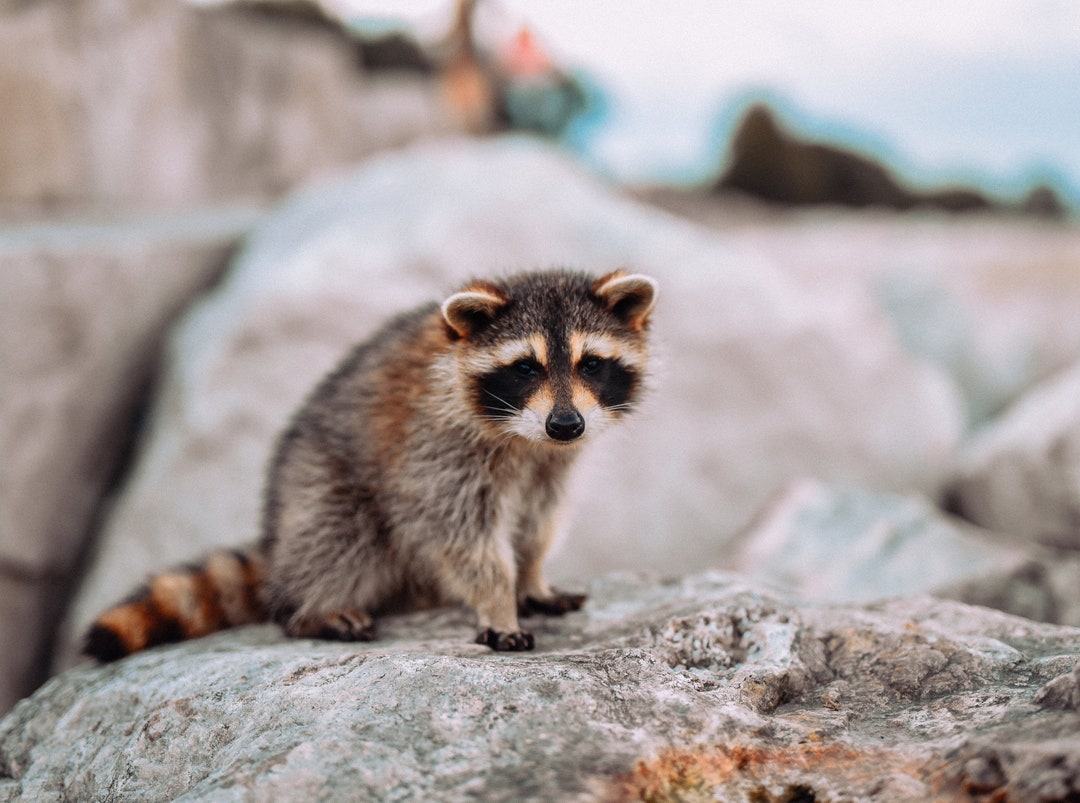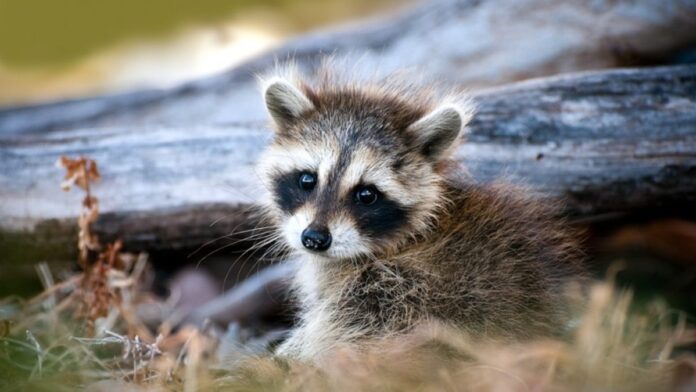Baby raccoons, also known as kits, are irresistibly adorable creatures that captivate the hearts of animal enthusiasts worldwide. In this comprehensive guide, we delve into the fascinating world of these furry critters, exploring their behaviors, habitats, and the joy they bring to both casual observers and dedicated wildlife enthusiasts.
Read more about Cats with Floppy Ears
Contents
Understanding Baby Raccoon Behavior
Curious Creatures
Baby raccoons are renowned for their insatiable curiosity. From a young age, they display an eagerness to explore their surroundings, often poking their masked faces into crevices and investigating every nook and cranny. This natural curiosity is not only endearing but also a crucial aspect of their development.
Playful Antics
Much like human toddlers, baby raccoons engage in playful antics that not only entertain but also contribute to the development of essential motor and social skills. Their games often involve climbing, wrestling, and practicing their signature hand-washing motion—a behavior that hints at their innate intelligence.

The Habitat of Baby Raccoons
Urban Adaptability
Contrary to popular belief, baby raccoons are highly adaptable to urban environments. They are often found in suburban areas, making use of human-made structures for shelter. Understanding their ability to thrive in diverse settings is key to coexisting harmoniously.
Nesting Habits
Baby raccoons typically reside in nests built by their mothers, known as “dreys.” These nests are often situated in tree hollows or elevated spaces, providing protection from predators. Exploring these nesting habits sheds light on the importance of preserving natural habitats.
Caring for Baby Raccoons
The Role of Motherhood
Female raccoons are devoted mothers, fiercely protective of their young. Understanding the intricacies of motherhood in the raccoon community is essential for appreciating the delicate balance of nurturing and independence.
Nutritional Needs
Baby raccoons have specific nutritional requirements crucial for their growth. Exploring their dietary needs unveils the importance of a well-balanced diet, including insights into their preference for fruits, insects, and small vertebrates.
Conservation Considerations
Threats to Baby Raccoons
Despite their adaptability, baby raccoons face various threats, including habitat loss and encounters with domestic animals. Examining these challenges underscores the urgency of conservation efforts to ensure the well-being of these endearing creatures.
Human-Wildlife Coexistence
Promoting coexistence with baby raccoons involves responsible waste management and refraining from feeding them. Understanding how human actions impact raccoon populations is pivotal in fostering a sustainable and harmonious relationship.
Conclusion
Exploring the world of baby raccoons unveils a tapestry of intriguing behaviors, unique habitats, and the importance of responsible conservation. By gaining insight into their lives, we can foster a deeper appreciation for these charming creatures and work towards creating a world where they can thrive alongside us.



